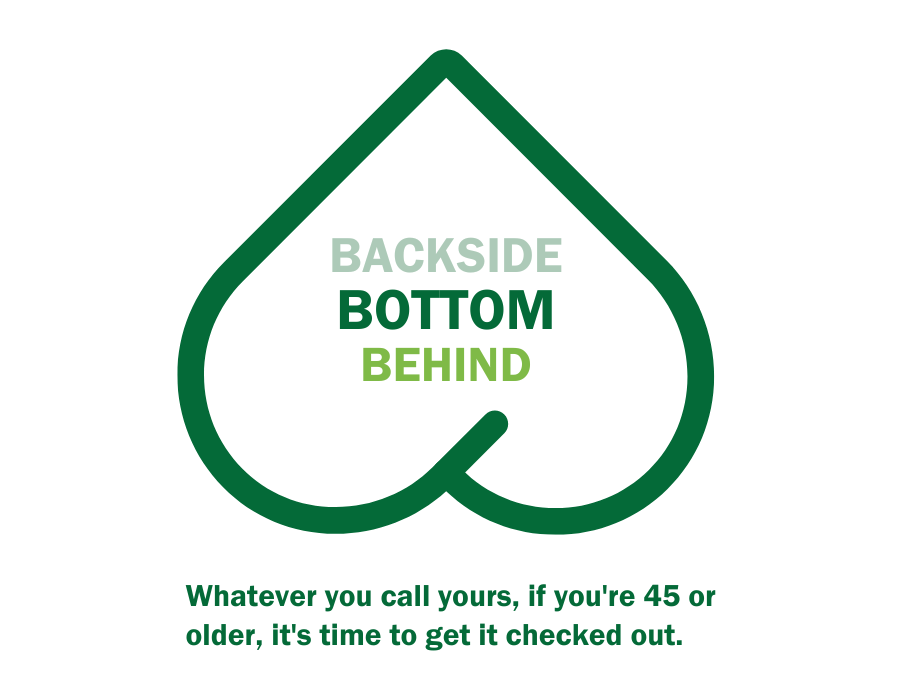
Colon cancer, one of the most common cancers, doesn’t always have symptoms. However, it can be found early and even prevented with regular screening. If you’re 45 or older, routine colon cancer checks are recommended to prevent cancer. There are simple, affordable choices, and even some tests that can be done at home.
Where is my colon? What does it do?
Your colon, part of your digestive system, is the longest part of your large intestine. It connects to your small intestine on one end and your anus on the other. Your colon moves waste material into your rectum, which moves the waste, or stool, out of your body through your anus.
How can screening prevent colon (or rectal) cancer?
Colon cancer and rectal cancer (colorectal cancer) most often develop from precancerous growths, called polyps, in the colon or rectum. Screening tests can detect these polyps so they can be removed before they turn into cancer. Screening also can detect cancer early, when treatment is most effective.
When should I get screened for colon cancer?
Everyone should begin regular screenings at age 45, per the U.S. Preventive Services Task Force.
However, if you have any of the following conditions, your health care provider may advise that you begin screenings earlier, or have more frequent screenings.
- inflammatory bowel disease, such as Crohn’s or ulcerative colitis
- personal or family history of colorectal cancer or polyps
- genetic syndrome such as familial adenomatous polyposis (FAP) or hereditary non-polyposis colorectal cancer (Lynch syndrome)
If you think you are at increased risk, call your health care provider to talk about when to begin screening.
What does screening involve? Which type of screening do I need?
There are various types of colorectal cancer screening, including:
- stool tests
- colonoscopy (an endoscopic exam of the colon and rectum)
- CT colonography (a virtual colonoscopy)
- flexible sigmoidoscopy (a minimally invasive exam of the rectum and lower portion of the colon)
Gifford helps people just like you find the screening that’s right for them and get the colon cancer checks they need. If you’re 45 or older, give us a call today to schedule an appointment: 802-728-2430.
If you think you are at increased risk, call your health care provider to talk about when to begin screening and which test is best for you.

